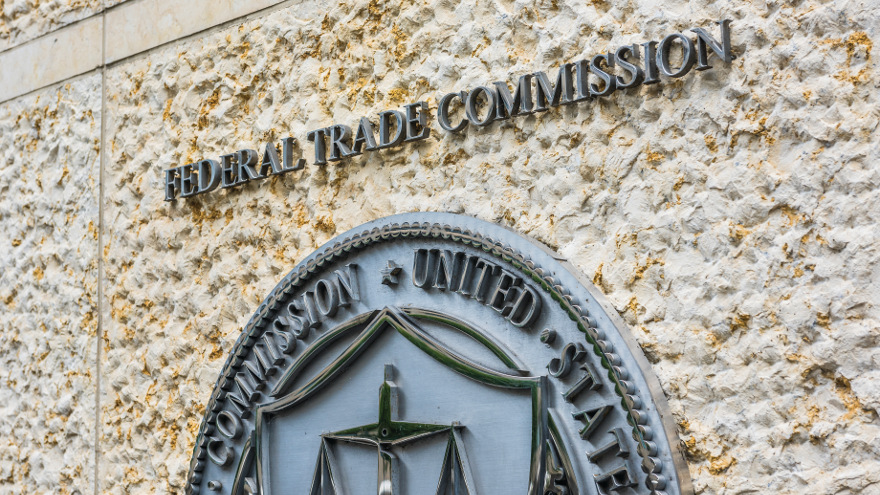FTC declines to extend comment period for proposal banning ‘junk fees’

By subscribing, you agree to receive communications from Auto Remarketing and our partners in accordance with our Privacy Policy. We may share your information with select partners and sponsors who may contact you about their products and services. You may unsubscribe at any time.
The Federal Trade Commission said on Tuesday that the regulator has declined to extend the public comment period for its proposed rule that would ban “junk fees and bait-and-switch advertising tactics that can plague consumers throughout the car-buying experience.”
Despite efforts by organizations such as the National Automobile Dealers Association to seek an extension, the FTC said the deadline for members of the public to comment about the proposal remains Sept. 12.
In its decision declining to extend the deadline, the FTC through a news release that it has received requests from stakeholders asking to extend the deadline, as well as from stakeholders asking to keep the deadline as is.
The FTC noted that by the time the public comment period closes, members of the public will have had 80 days to review the proposed rule.
The FTC vote to decline the extension of the comment period was 5-0.
NADA president and chief executive officer Mike Stanton released the following statement in response to the FTC vote.
Subscribe to Auto Remarketing to stay informed and stay ahead.
By subscribing, you agree to receive communications from Auto Remarketing and our partners in accordance with our Privacy Policy. We may share your information with select partners and sponsors who may contact you about their products and services. You may unsubscribe at any time.
“The FTC’s refusal to grant a routine extension of a public comment period, particularly for a proposed rule of such sweeping magnitude that involved no advanced notice, further displays an unnecessary and misguided rush to judgement in this matter,” Stanton said.
“This proposed rule would cause great harm to consumers by significantly extending transaction times, making the customer experience much more complex and inefficient, and increasing prices, and NADA again urges the FTC to go back to the drawing board before forcing a series of unstudied and untested mandates lacking evidence that will have such significant negative impacts on customers,” he went on to say.
The FTC unveiled the proposal in June, citing its activities from the past decade as the trigger.
Dring the past 10 years, the FTC recapped that it has brought more than 50 law enforcement actions related to automobiles and helped lead two nationwide law enforcement sweeps that included 181 state-level enforcement actions in these areas.
The regulator also mentioned complaints from consumers related to automobiles remain in the top 10 complaint types received by the FTC, with more than 100,000 complaints from consumers annually over the past three years.
In the Notice of Proposed Rulemaking announced on June 23, the FTC is seeking comment on proposed measures that would:
• Ban bait-and-switch claims: The proposal would prohibit dealers from making a number of deceptive advertising claims to lure in prospective car buyers. This deal deception can include the cost of a vehicle or the terms of financing, the cost of any add-on products or services, whether financing terms are for a lease, the availability of any discounts or rebates, the actual availability of the vehicles being advertised, and whether a financing deal has been finalized, among other areas. “Once in the door or on the hook, consumers face the fallout of false promises that don’t pan out.”
• Ban fraudulent junk fees: The proposal would prohibit dealers from charging consumers junk fees for fraudulent add-on products and services that provide no benefit to the consumer (including “nitrogen filled” tires that contain no more nitrogen than normal air).
• Ban surprise junk fees: The proposal would prohibit dealers from charging consumers for an add-on without their clear, written consent and would require dealers to inform consumers about the price of the car without any of optional add-ons.
• Require full upfront disclosure of costs and conditions: The proposal would require dealers to make key disclosures to consumers, including providing a true “offering price” for a vehicle that would be full price a consumer would pay, excluding only taxes and government fees. It would also require dealers to make disclosures about optional add-on fees, including their price and the fact that they are not required as a condition of purchasing or leasing the vehicle, along with disclosures to consumers with key information about financing terms.
Members of the public can submit comments on the proposed rule at regulations.gov.


